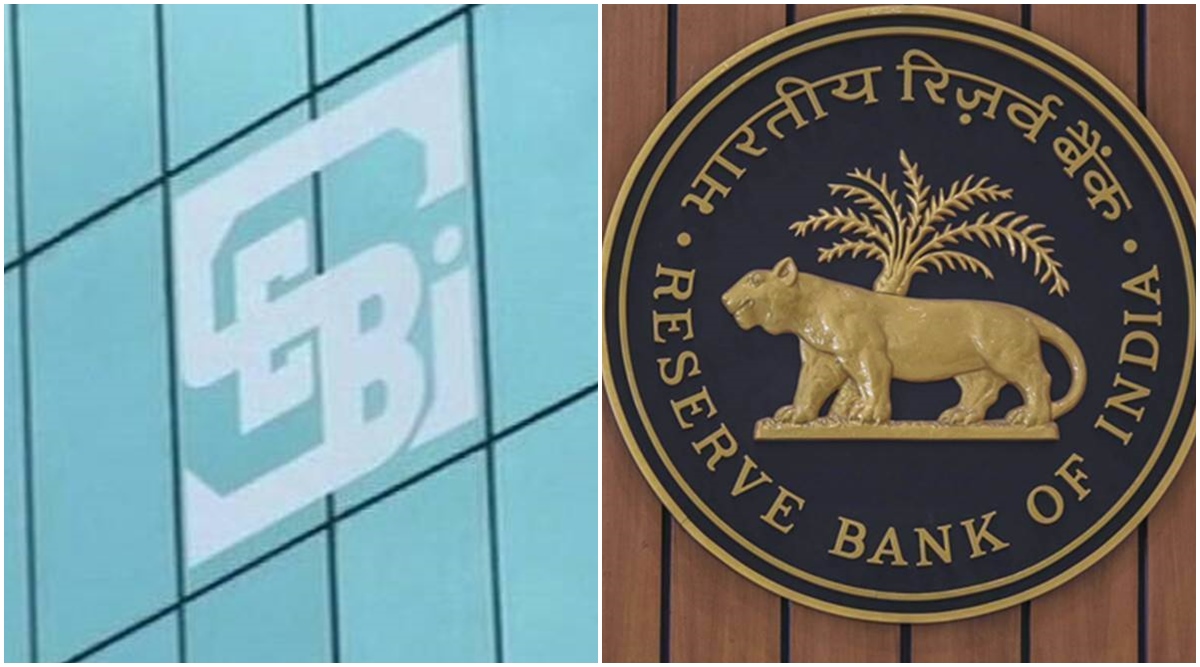Indian Banks Reassess Adani Group Exposure Following U.S. Bribery Charges
The Adani Group, one of India’s largest conglomerates, has faced mounting scrutiny in recent months. Allegations of bribery involving U.S.-based operations have thrown the group’s financial practices into sharp focus, raising concerns among its creditors, particularly Indian banks. With billions of dollars at stake, this development is not just a corporate scandal but a potential stress test for India’s financial system. This article explores the background of the allegations, the response from Indian banks, and the broader implications for the financial and regulatory environment in India.
The Adani Group, led by billionaire Gautam Adani, has grown exponentially over the past two decades. With diversified interests in ports, energy, infrastructure, and renewable energy, the conglomerate has played a key role in India’s economic growth. The group’s rapid expansion has been fueled by substantial domestic and international borrowing, with Indian banks being some of its largest creditors.
However, the group’s financial practices have been under scrutiny since early 2023, following a damaging report by Hindenburg Research that accused it of accounting fraud and stock price manipulation. While the group denied the allegations and managed to weather initial fallout, new bribery allegations related to its U.S. operations have further compounded its challenges. The U.S. Department of Justice (DOJ) recently accused certain Adani Group subsidiaries of bribing officials to secure contracts, an accusation that has sent shockwaves through financial markets and regulatory circles.

Indian Banks’ Exposure to the Adani Group
Extent of Exposure
Indian banks have a significant financial stake in the Adani Group, with loans estimated to exceed ₹1.2 lakh crore (approximately $15 billion). Major public sector banks, including the State Bank of India (SBI), Punjab National Bank (PNB), and Bank of Baroda, have substantial exposure to the group’s infrastructure and energy projects. Private sector banks such as ICICI Bank and Axis Bank are also involved, albeit to a lesser extent.
The loans primarily fund long-term infrastructure projects, with repayment schedules spanning decades. The perceived stability of the Adani Group had previously justified such substantial lending. However, the recent allegations have led these banks to reassess the risk associated with their exposure.
Immediate Reactions
In the wake of the bribery allegations, several Indian banks have initiated internal reviews of their exposure to the Adani Group. According to sources within the banking sector, these reviews aim to:
- Reevaluate Credit Risk: Banks are revisiting their risk assessment frameworks to account for potential reputational and regulatory risks stemming from the allegations.
- Scrutinize Collateral: Lenders are assessing the quality and liquidity of collateral provided by Adani Group companies to secure loans.
- Enhance Monitoring: Enhanced monitoring mechanisms are being deployed to track the group’s financial health and its ability to meet repayment obligations.
Regulatory and Market Implications
Impact on Indian Banking Sector
The banking sector’s exposure to the Adani Group represents a potential systemic risk. While Indian banks have improved their asset quality in recent years, largely recovering from the non-performing asset (NPA) crisis of the late 2010s, a default or downgrade of Adani-related loans could reverse this progress. Public sector banks, in particular, are vulnerable given their disproportionate exposure to infrastructure financing.
Rating Agencies on Alert
Global credit rating agencies such as Moody’s and Fitch have flagged the bribery allegations as a significant risk factor. A deterioration in the Adani Group’s financial standing could lead to downgrades, not only for the conglomerate but also for the banks with substantial exposure.
Government and Regulatory Response
The Indian government and Reserve Bank of India (RBI) are closely monitoring the situation. While the government has refrained from making direct statements, the RBI has reportedly sought detailed reports from banks regarding their exposure to the Adani Group. Additionally, the Securities and Exchange Board of India (SEBI) is conducting its own investigations into the group’s financial disclosures and market practices.
Broader Implications for Indian Industry
Impact on Infrastructure Projects
The Adani Group’s extensive involvement in infrastructure development means that any financial strain could delay or derail critical projects. This includes:
- Renewable energy initiatives tied to India’s climate goals.
- Port and logistics projects essential for trade and economic growth.
- Urban development projects in collaboration with state governments.
Investor Sentiment
The controversy has dented investor confidence, particularly among foreign institutional investors (FIIs), who had already been cautious following the Hindenburg report. A prolonged crisis could lead to capital outflows, further pressuring India’s financial markets.
Lessons for the Banking Sector
Strengthening Due Diligence
The Adani controversy underscores the need for robust due diligence practices. Banks must move beyond conventional risk assessments to incorporate factors such as environmental, social, and governance (ESG) compliance and reputational risks.
Diversification of Loan Portfolios
Concentrated exposure to a single corporate group amplifies systemic risks. Indian banks should aim for greater diversification across sectors and borrowers to mitigate such risks.
Enhanced Regulatory Oversight
The crisis highlights the importance of proactive regulatory oversight. The RBI and SEBI must enhance their monitoring frameworks to identify and address potential risks before they escalate.
Conclusion: Navigating a Complex Landscape
The bribery allegations against the Adani Group have brought to light vulnerabilities in India’s banking and corporate governance systems. While Indian banks are taking steps to reassess their exposure, the broader implications for the financial sector and economy remain uncertain. The situation serves as a cautionary tale, emphasizing the need for stronger due diligence, regulatory oversight, and corporate accountability. As the saga unfolds, it will be a critical test of the resilience and adaptability of India’s financial ecosystem.











